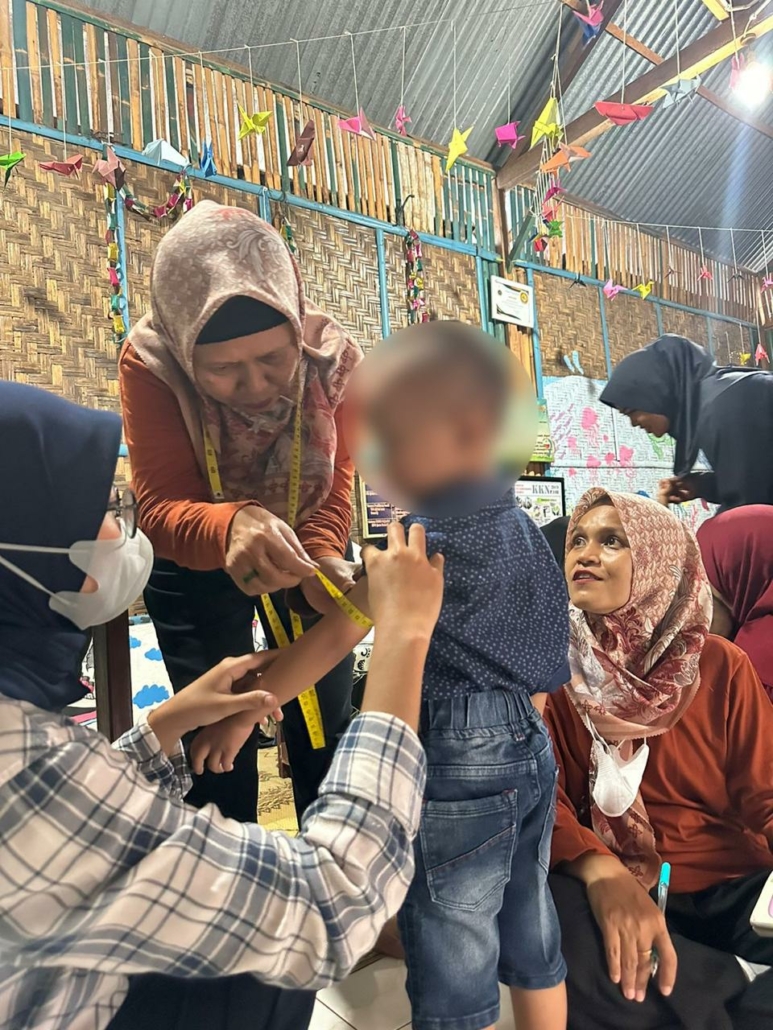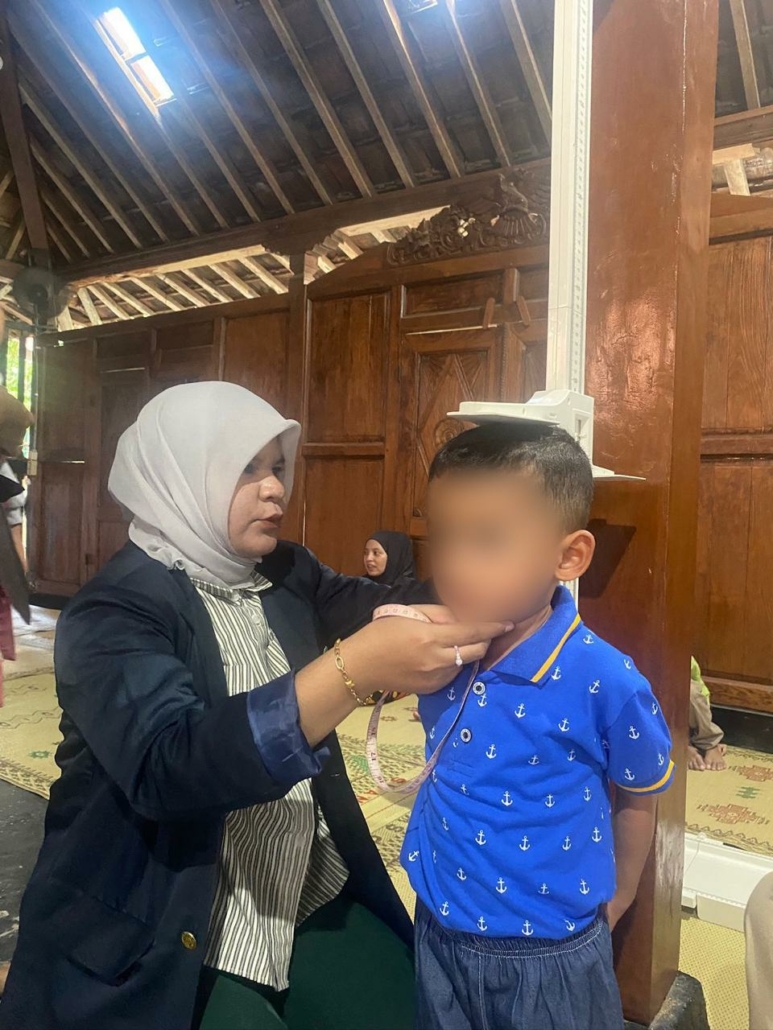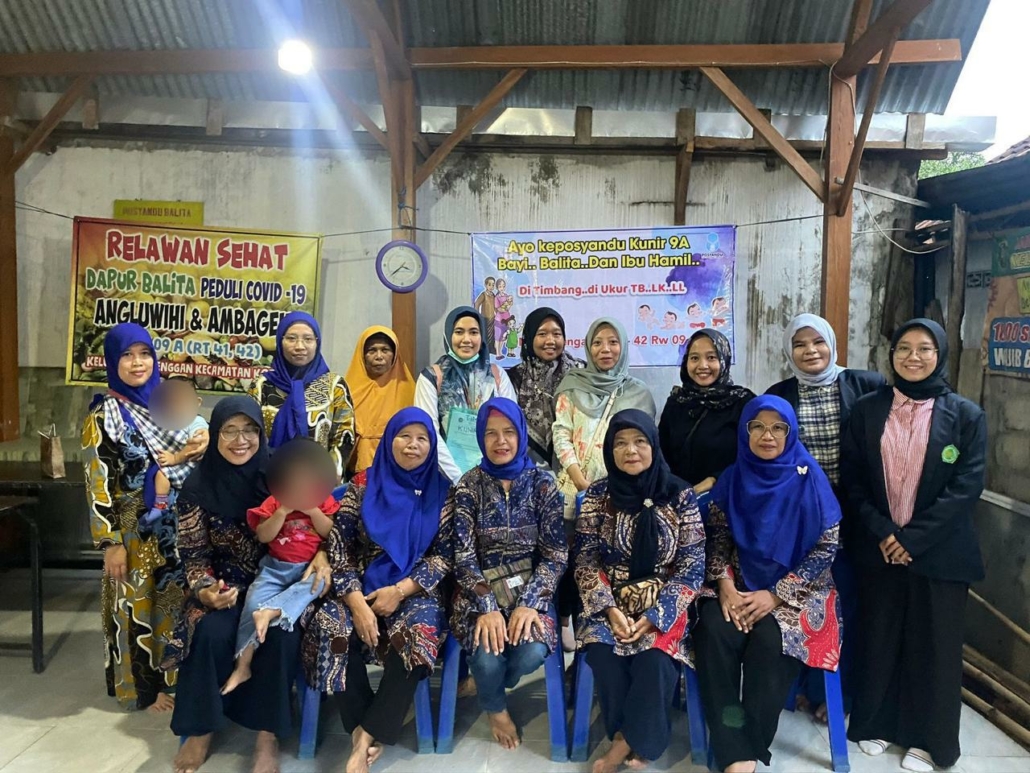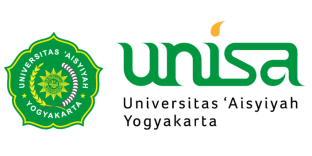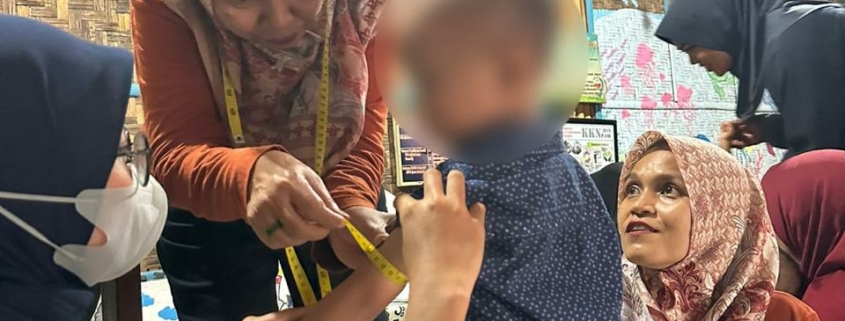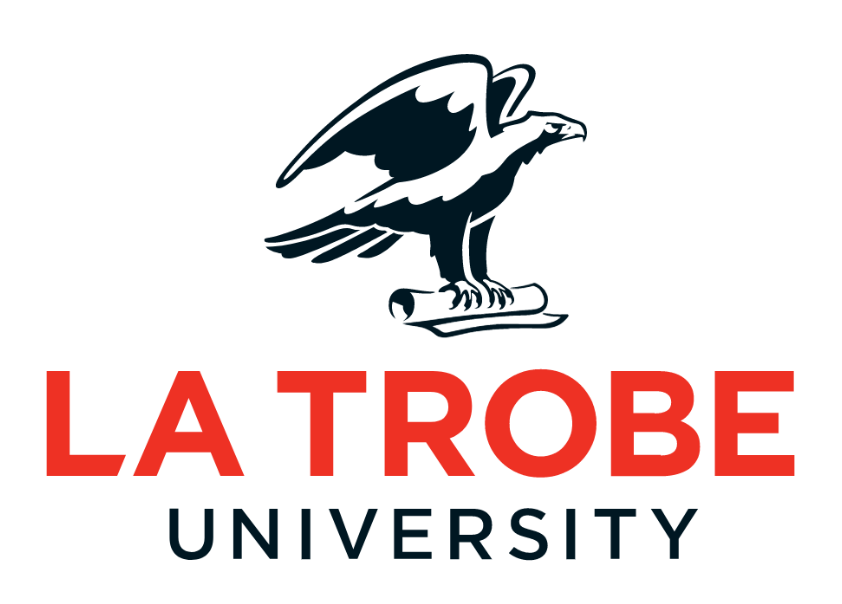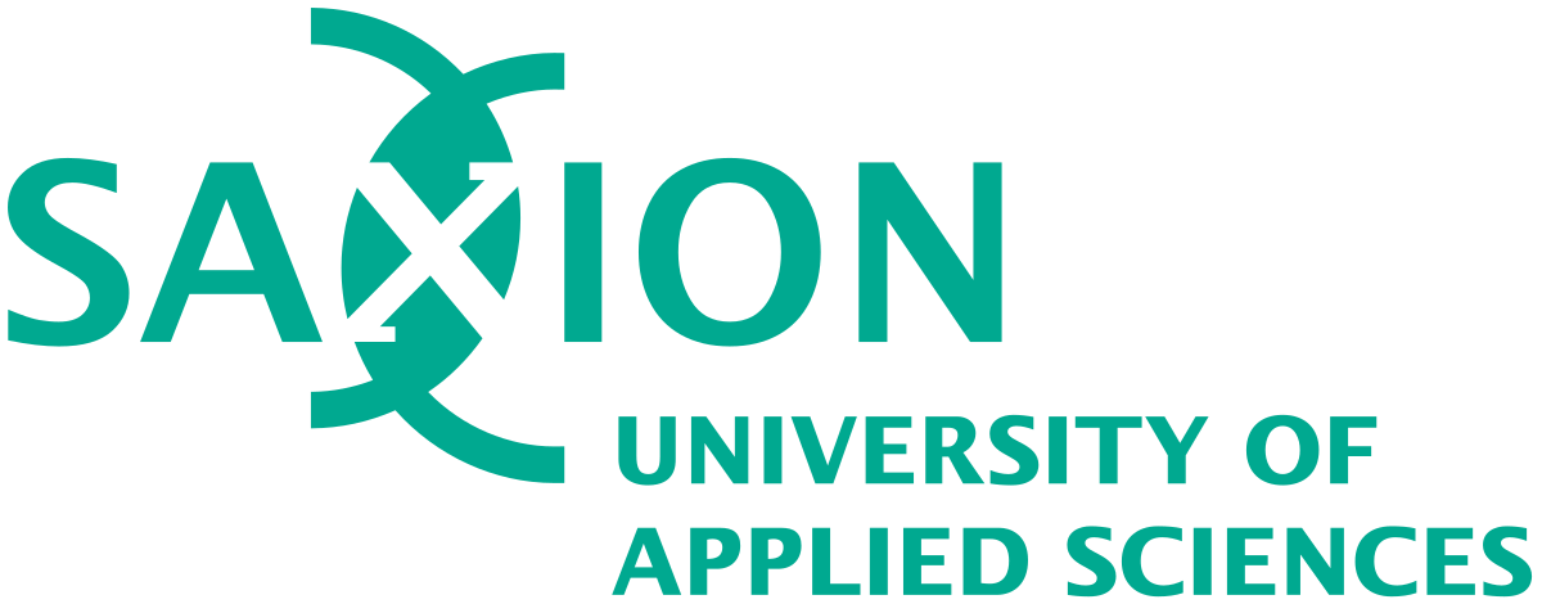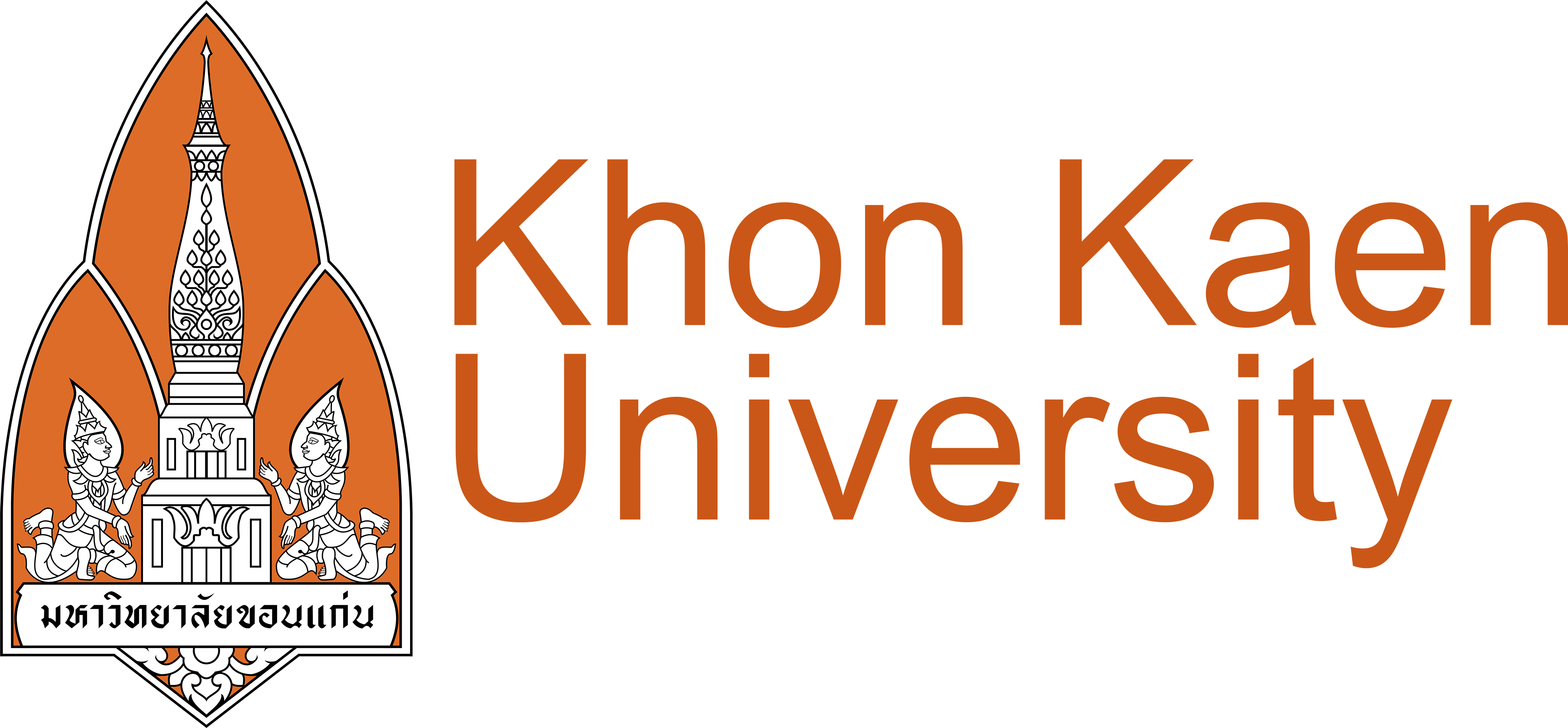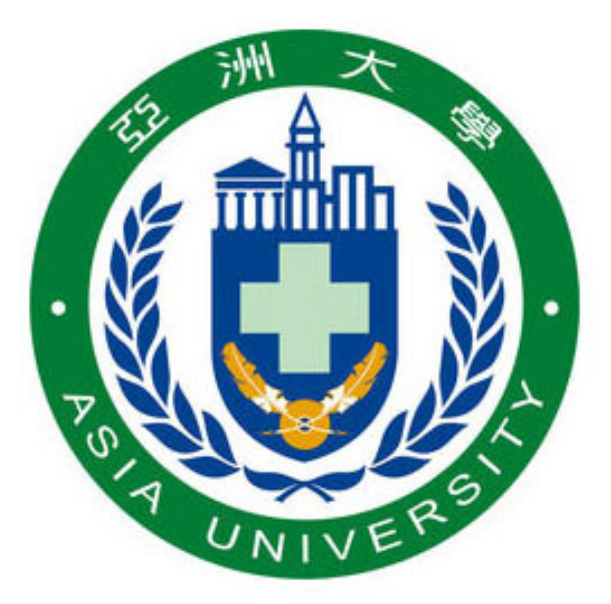Cadres and Posyandu Are at The Forefront of Reducing Stunting Rates
Stunting due to chronic malnutrition during growth is not only a health problem, but also a serious threat to future generations. In the Special Region of Yogyakarta (DIY), the prevalence of stunting rose from 16.4% to 18% according to the latest BKKBN data for 2024. This suggests the need for concrete steps, including an in-depth evaluation of the measurement methods and accuracy of the tools used.
BKKBN responded to the increase in prevalence by issuing BKKBN Head Circular No. 3 Year 2024, emphasizing the importance of simultaneous intervention in stunting prevention in DIY. The intervention program involves the Health Office, Puskesmas, and ‘Aisyiyah University of Yogyakarta in empowerment to conduct large interventions.
Master of Midwifery students from ‘Aisyiyah University Yogyakarta were directly involved through an empowerment practice program at Puskesmas Umbulharjo I and II to evaluate the obstacles faced by posyandu cadres in implementing simultaneous interventions to prevent stunting. The cadres not only conduct routine weighing, but also collaborate with the puskesmas to empower mothers to understand the importance of nutrition for their children. Through monthly weight measurement and nutrition monitoring, posyandu cadres play a key role in monitoring the growth and development of children under five.
Evaluation of the measurement methods and tools used in posyandu is crucial for accurate data. Mrs. Witriastuti Susani Anggraeni, SE, MM as Head of the BKKBN Family Resilience and Stunting Prevention Working Team emphasized improving the quality of posyandu services, training cadres, and integrating nutrition programs as strategies to reduce stunting. BKKBN DIY has also successfully initiated a program through the submission of DIY special funds by providing 2 eggs a day for families at risk of stunting since 2023 and continued until 2024.
“The cadre mothers, although unemployed, make an extraordinary contribution. They are the spearhead and the tip of the spear. The spear is extraordinary too,” said a cadre.
Increasing the capacity of posyandu cadres on anthropometric measurements, growth monitoring, and toddler food is the main focus in reducing stunting rates. Posyandu cadres serve as the frontline in weighing and measuring toddlers, the main indicator of a child’s stunting status. Training cadres in weight and height measurement enables timely decision-making on stunting. Capacity building of posyandu cadres is a crucial strategy in accelerating stunting reduction in DIY.
In addition to training on anthropometric measurements and growth monitoring of under-fives, posyandu cadres need to be trained in advocacy techniques. This includes effective communication strategies to convey the importance of addressing stunting to the community, parents and local government. The training also covers how to access and utilize resources from government and non-government organizations to support stunting prevention programs in their posyandu.
Good collaboration between the government, health offices, puskesmas, businesses, universities, stunting reduction acceleration teams, communities and the media is key to achieving the national target of reducing stunting towards 2024.
24/06/2024/by admin
Tags: aisyiyah, amalku, banggamenjadiunisa, beunisa, unisa, unisayogya
